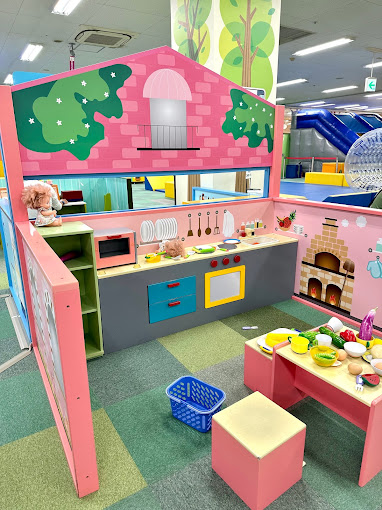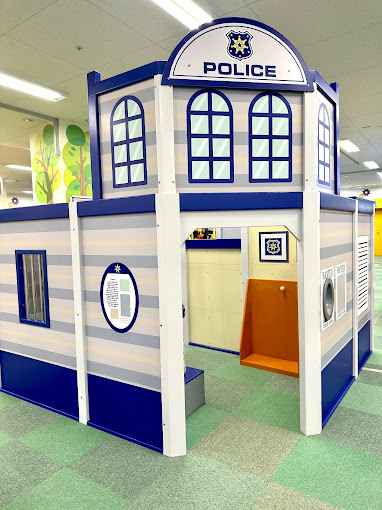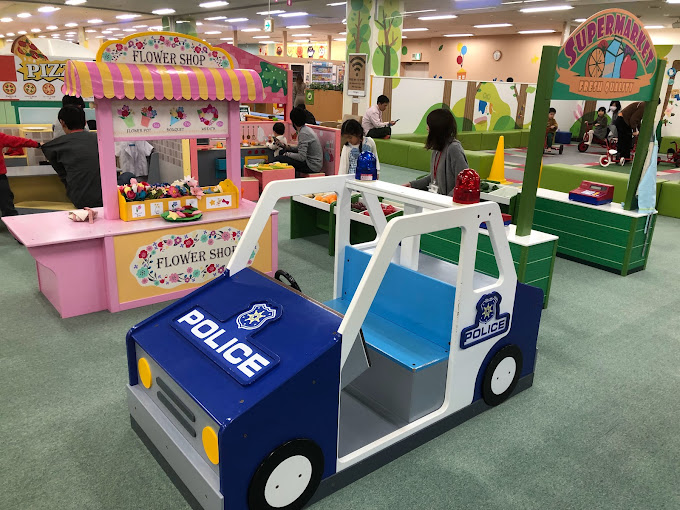production to installation service Adhering to the business principle of mutual benefits, Zhenhan play have set up cooperation in 120 countries with5000+ projects ,We have had a reliable reputation among our customers because of professional services, qualityproducts and competitive prices.
Get In Touch
In the vibrant world of indoor playgrounds, role-playing activities take center stage as children immerse themselves in imaginative scenarios, from bustling city life to daring rescues. These role-playing games offer a rich benefits, blending fun with learning and social development. Let's delve into how these themed play experiences can captivate young minds and enhance indoor playground productions.


Role-playing games in indoor playgrounds involve children assuming various roles and engaging in pretend play. Whether they're playing chef in a restaurant, doctor in a hospital, or firefighter at the station, these activities offer numerous benefits:
Role-playing allows children to invent stories, characters, and scenarios, fostering creative thinking and imaginative play. They can explore different roles and professions, expanding their understanding of the world around them.
Playing roles requires cooperation, communication, and negotiation with peers. Children learn to work together, share responsibilities, and resolve conflicts constructively, enhancing their social and emotional development.

Role-playing games often mirror real-life situations, allowing children to practice everyday tasks and problem-solving. Whether it's learning to take orders in a restaurant or bandaging a pretend injury as a nurse, these activities build practical skills in a playful environment.
Assuming different roles and successfully completing tasks in a supportive setting boosts children's confidence. They learn to take on responsibilities, make decisions, and express themselves creatively, fostering a sense of achievement and self-worth.
Integrating Role-Playing Games into Indoor Playground ProductionsTo create enriching role-playing experiences within indoor playgrounds, consider the following strategies:
Themed Play Areas: Design themed play zones that resemble real-world settings, such as a grocery store, hospital, or construction site. Use props, costumes, and realistic settings to enhance the immersive experience.
Role-Specific Activities: Organize structured activities where children can take on specific roles and tasks. For example, setting up a mini-hospital where children can dress up as doctors, nurses, and patients, or a kitchen where they can cook and serve food.
Facilitated Play Sessions: Provide guidance and encouragement during role-playing sessions to stimulate creativity and ensure inclusive participation. Facilitators can introduce new scenarios, prompt imaginative play, and help children navigate social interactions.
Educational Opportunities: Incorporate educational elements into role-playing games, such as teaching about healthy eating in a pretend restaurant or explaining the importance of teamwork in a fire station scenario.
ConclusionRole-playing games offer a dynamic and engaging way for children to learn, play, and grow within indoor playground settings. By fostering creativity, social skills, and real-world learning, these activities provide valuable developmental benefits in a fun and interactive manner. Indoor playground productions that embrace role-playing games not only entertain but also empower children to explore their interests, collaborate with others, and develop essential life skills—all while having a blast in their imaginative worlds.
In nurturing these imaginative play experiences, indoor playground create environments where every child can shine as they discover new roles, make friends, and embark on exciting adventures together.
Copyright © 2024 Wenzhou Zhenghan Play Equipment Co.ltd
